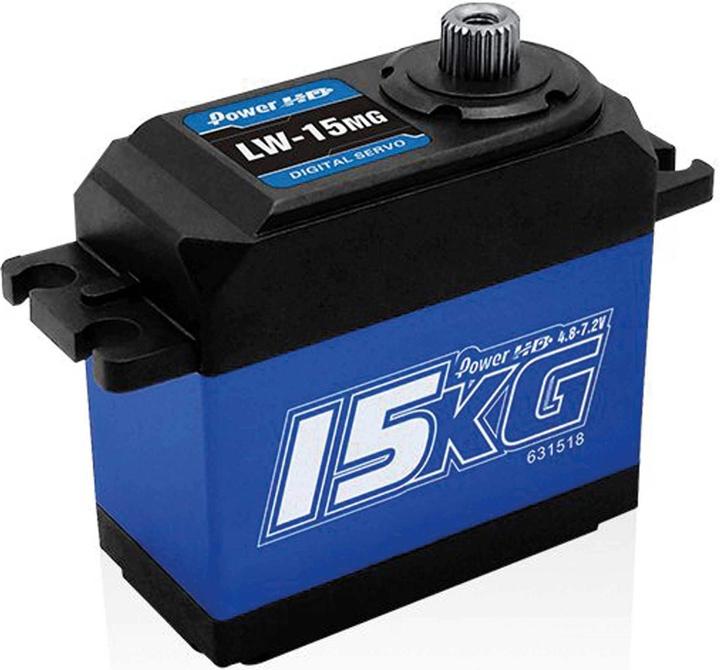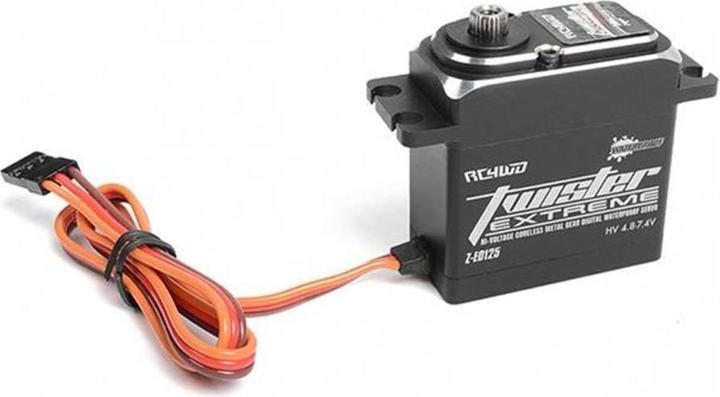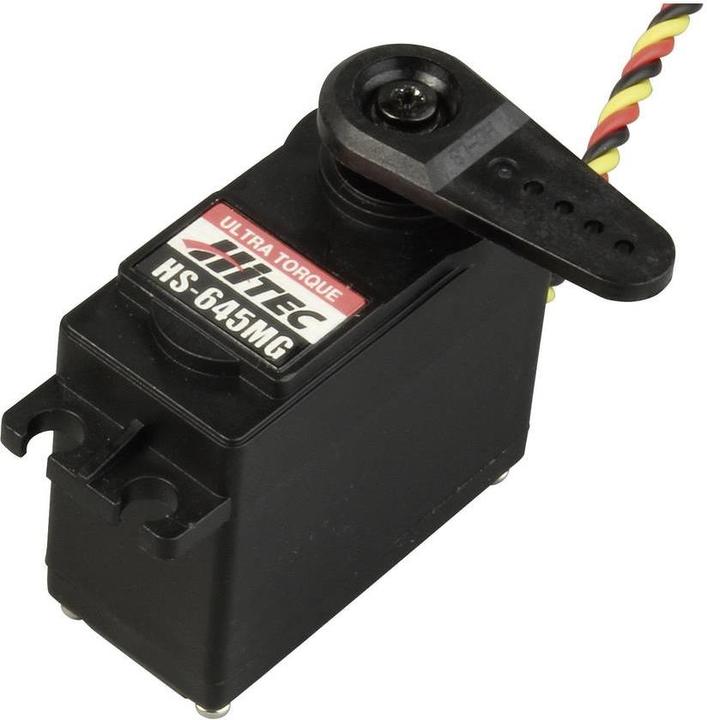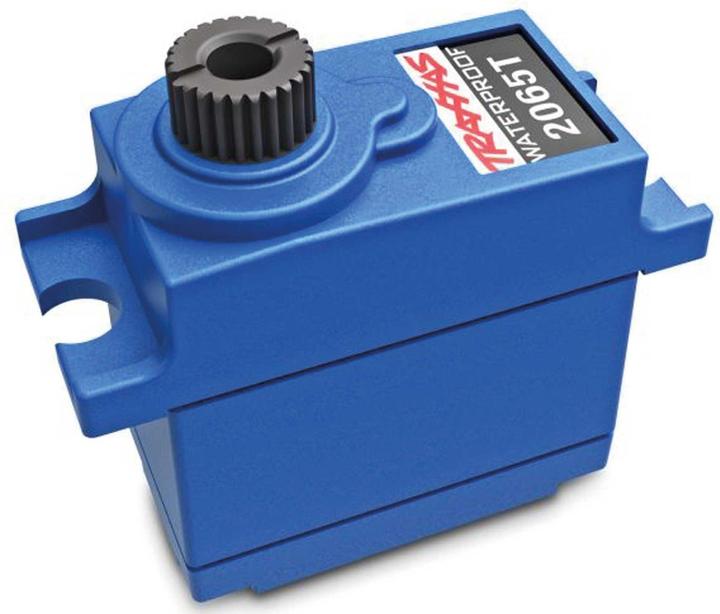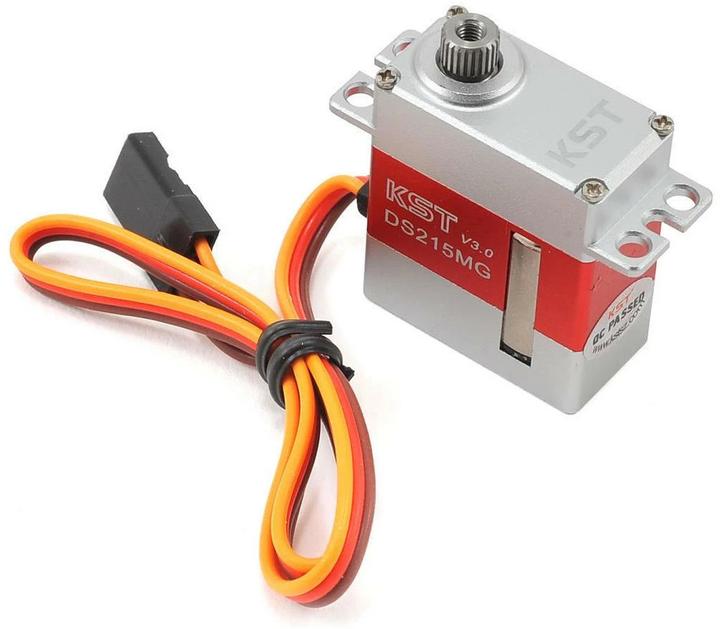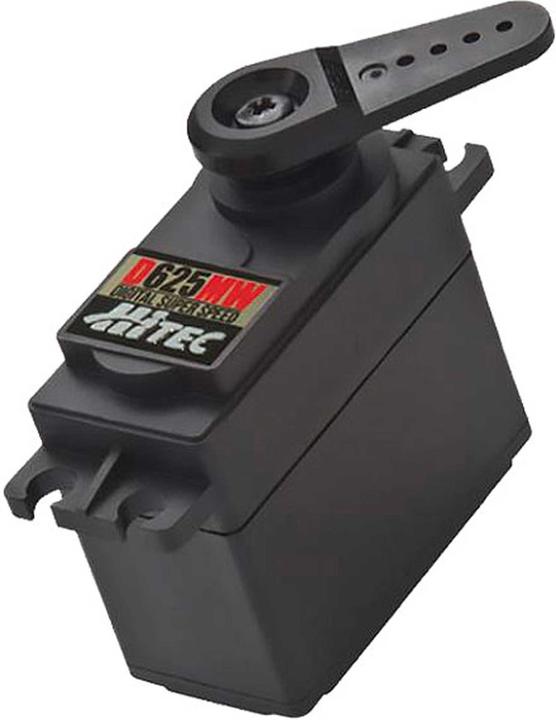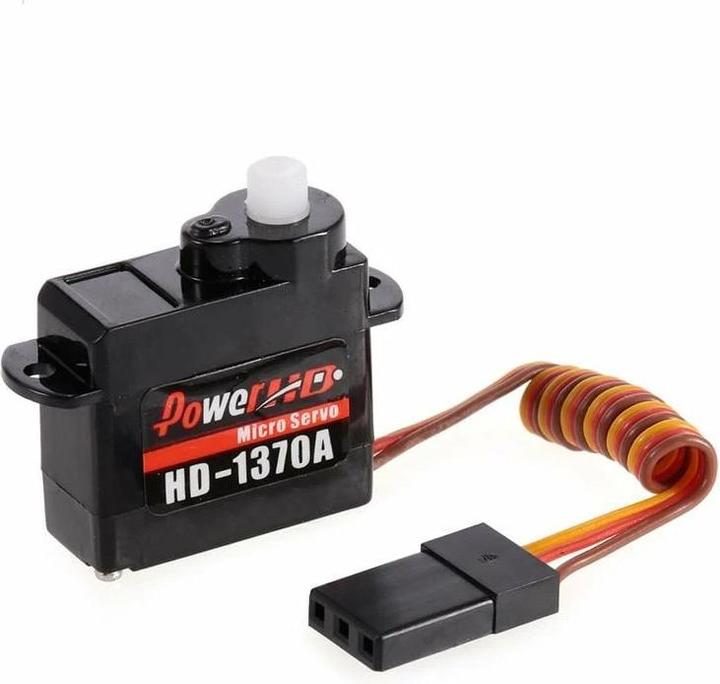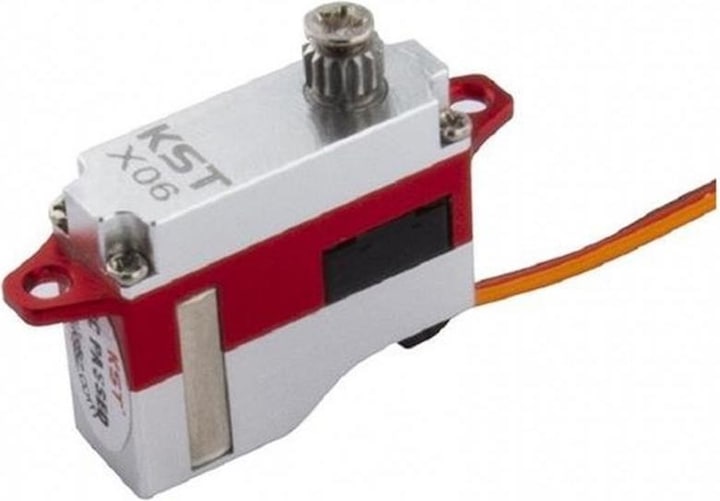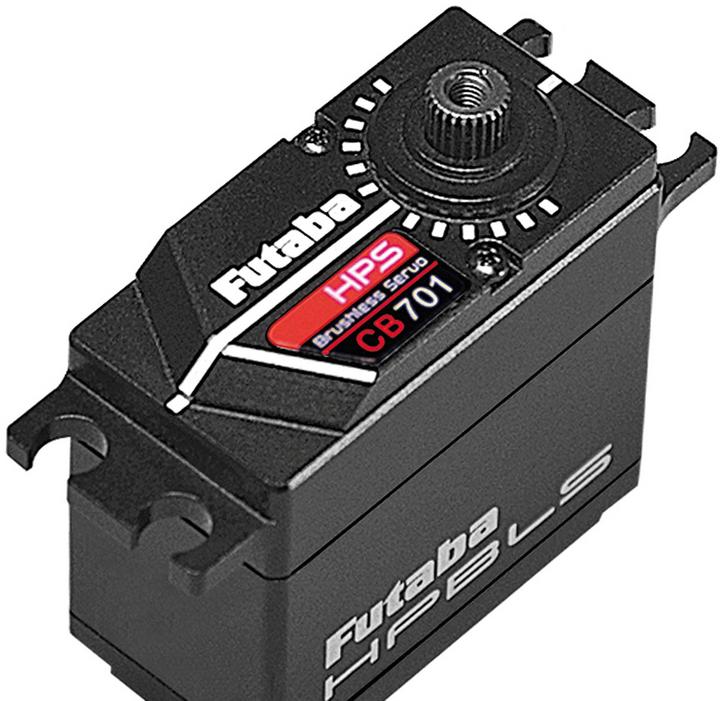
Too Many RC Servos? Here's How to Choose the Right One
Explore five key factors to consider when selecting the perfect RC servo for your needs.
Last updated 3 weeks ago. Automatically generated content.
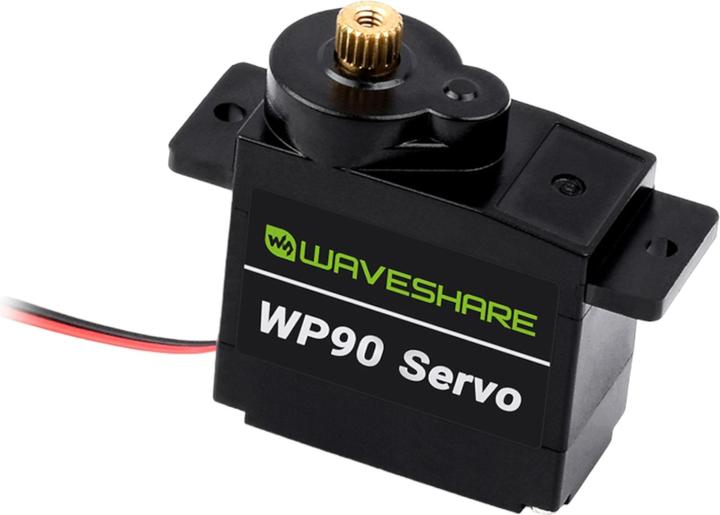

Select options and limit the number of products
Moment of force, or torque, measures the rotational force that a servo can exert, directly affecting its ability to move and control objects with precision. Choosing the appropriate torque is crucial for ensuring the servo meets the demands of your specific application, whether in model aircraft, robotics, or other mechanical systems.
Popular options
Up to 10 kgf·cm
Typical price
22.– to 63.–Suitable for lightweight applications such as small RC planes or simple robotic joints.
Offers efficient performance for tasks requiring minimal force, ensuring smooth and reliable operation without strain.
Bestseller
11 - 30 kgf·cm
Typical price
51.– to 130.–Ideal for medium-duty tasks including larger RC vehicles or more complex robotic arms.
Provides a balance of strength and versatility, enabling effective control in a variety of conditions.
Bestseller
31 - 70 kgf·cm
Typical price
69.– to 120.–Designed for heavy-duty applications like large-scale models or industrial robotics.
Ensures robust performance for demanding tasks, delivering precise control and stability under significant load.
Bestseller
Servo technology defines the way a RC servo interprets and executes commands, impacting precision and control in model applications. Selecting the right servo technology is crucial for achieving desired performance in tasks like steering or throttle control, influencing the responsiveness and accuracy of your RC model.
Popular options (you can select more than one)
Digital
Typical price
32.– to 89.–Uses a microprocessor to process signals, allowing for faster and more precise movements.
Ideal for complex maneuvers and high-speed applications, providing improved control and performance.
Bestseller
Analogue
Typical price
12.– to 30.–Processes signals with a continuous voltage, resulting in smoother and less abrupt movements.
Suitable for simpler applications, offering reliability and ease of use at a lower cost.
Bestseller
Servo speed refers to the time it takes for a servo motor to rotate a certain angle, typically 60 degrees, and is measured in seconds. This factor is crucial for applications requiring quick and precise movements, impacting the responsiveness and efficiency of the RC model.
Popular options
The servotype determines the size, weight, and torque capacity of a servo, which impacts its suitability for different applications. Selecting the appropriate servotype is crucial for ensuring optimal performance and compatibility in RC models.
Popular options (you can select more than one)
Micro servo
Typical price
7.80 to 29.–Compact and lightweight, designed for small-scale applications.
Perfect for tight spaces in small RC models, delivering precise control without adding significant weight.
Bestseller
Mini servo
Typical price
20.– to 77.–Balances size and power, offering moderate torque and compact form.
Great for medium-sized models where space is limited but higher torque is needed, enhancing maneuverability.
Bestseller
Special servo
Typical price
52.– to 240.–Customized features for unique applications, such as higher speed or specialized movement.
Best suited for specialized tasks in advanced models, providing tailored functionality and enhanced performance.
Bestseller
When selecting RC servos, the brand can significantly influence the product's reliability, precision, and durability. Leading brands like Futaba, KST, and Power HD offer distinct advantages, such as advanced technology, competitive pricing, and robust performance, impacting how effectively the RC model functions.
Popular brands (you can select more than one)
Power HD
Known for producing high-performance servos at competitive prices.
Ideal for both beginners and advanced users seeking reliability and efficiency.
Bestseller
KST
Specializes in high-precision servos with metal gears for durability.
Preferred choice for professional and semi-professional RC enthusiasts needing precision and strength.
Bestseller
